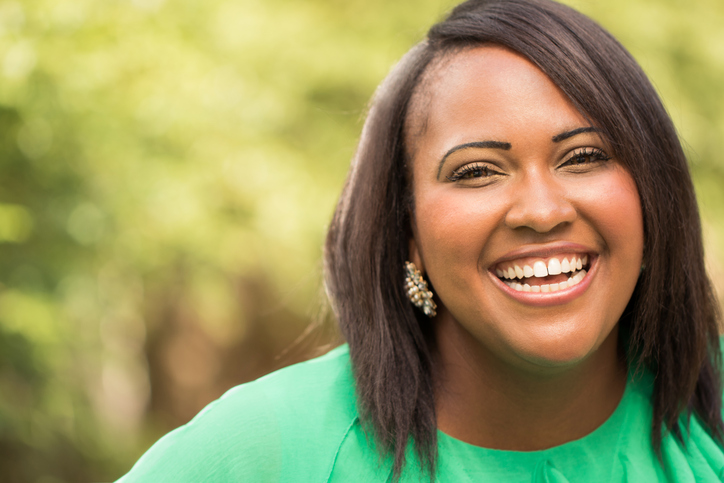 Most people don’t realize how important clinical trials are. Clinical trials are an essential step in discovering new treatments for breast cancer and other diseases as well as new ways to detect, diagnose, and reduce the risk of disease.
Most people don’t realize how important clinical trials are. Clinical trials are an essential step in discovering new treatments for breast cancer and other diseases as well as new ways to detect, diagnose, and reduce the risk of disease.
Clinical trials show researchers what does and doesn’t work in people. Clinical trials also help researchers and doctors decide if the side effects of a new treatment are acceptable when weighed against the benefits offered by the new treatment.
Researchers can’t confirm what the results of a clinical trial will be before it begins. This uncertainty can make it hard to decide if you want to participate in clinical trial. In rare cases, clinical trial volunteers have been hurt by the treatment or procedure being tested. At the same time, hundreds of thousands of people have been helped and are alive because they or other people chose to participate in a trial that resulted in a new, more effective treatment.






